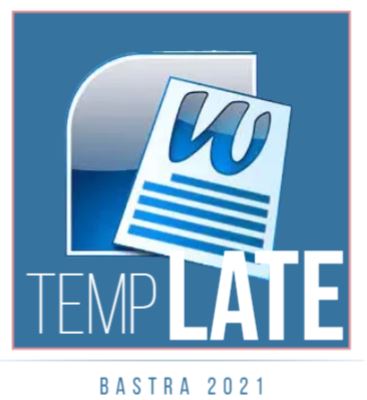Pengembangan Bahan Ajar Menulis Teks NegosiasiUntuk Pembelajaran Siswa Kelas X Dengan Pendekatan Kontekstual
Keywords:
development of teaching material, negotiating text writing, contextual approach, development process, validity, effectivenessAbstract
The general objective in this study is to describe the development of teaching materials for writing negotiating texts for learning class X students with a contextual approach. The specific objectives are (1) describing the process of developing negotiating text writing materials with a contextual approach and (2) describing the product quality of teaching negotiating text writing materials with a valid, effective and practical contextual approach. Based on the process of developing teaching materials there are steps (1) designing teaching materials, (2) expert validation, (3) design improvements, and (4) product testing. The research uses research and development (R & D) methods. The teaching material development model uses the Borg & Gall model which is adapted to the contextual approach. The research subjects were chosen according to their needs, namely, (1) expert validity, (2) expert practitioners, and (3) effectiveness experts. The type of data chosen is the result of validity from experts in validity, practicality experts, and experts on effectiveness with the experimental method. Based on the analysis of the needs of negotiating text writing materials, the results of teaching materials with valid teaching material quality were 82.6% with excellent categories, effective teaching material quality 79.4% with good categories, and practical teaching material quality of 82.8% with categories very good.
Downloads
Published
How to Cite
Issue
Section
License
Authors who publish with PENTAS agree to the following terms:
Authors retain copyright and grant the Engagement right of first publication with the work simultaneously licensed under a Creative Commons Attribution License (CC BY-SA 4.0) that allows others to share (copy and redistribute the material in any medium or format) and adapt (remix, transform, and build upon the material) the work for any purpose, even commercially with an acknowledgement of the work's authorship and initial publication in BASTRA.
Authors are able to enter into separate, additional contractual arrangements for the non-exclusive distribution of the journal's published version of the work (e.g., post it to an institutional repository or publish it in a book), with an acknowledgement of its initial publication in BASTRA.
Authors are permitted and encouraged to post their work online (e.g., in institutional repositories or on their website) prior to and during the submission process, as it can lead to productive exchanges, as well as earlier and greater citation of published work (See The Effect of Open Access).

This work is licensed under a Creative Commons Attribution-ShareAlike 4.0 International License.







